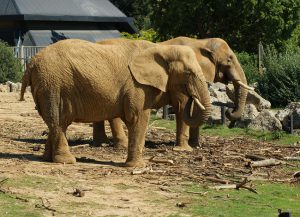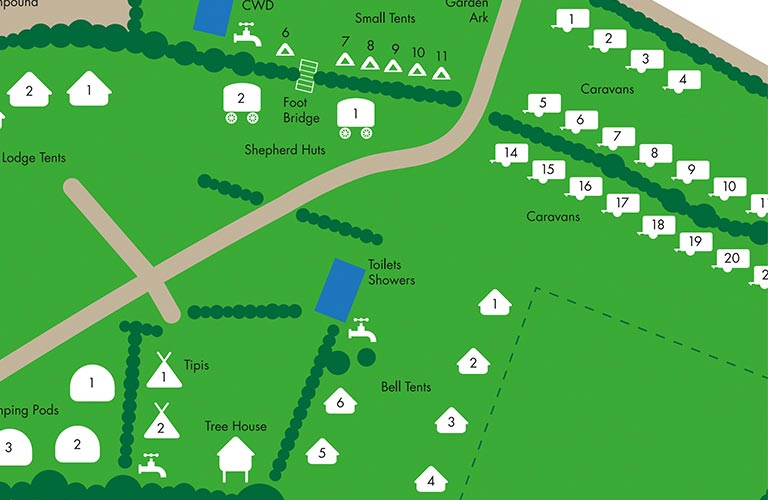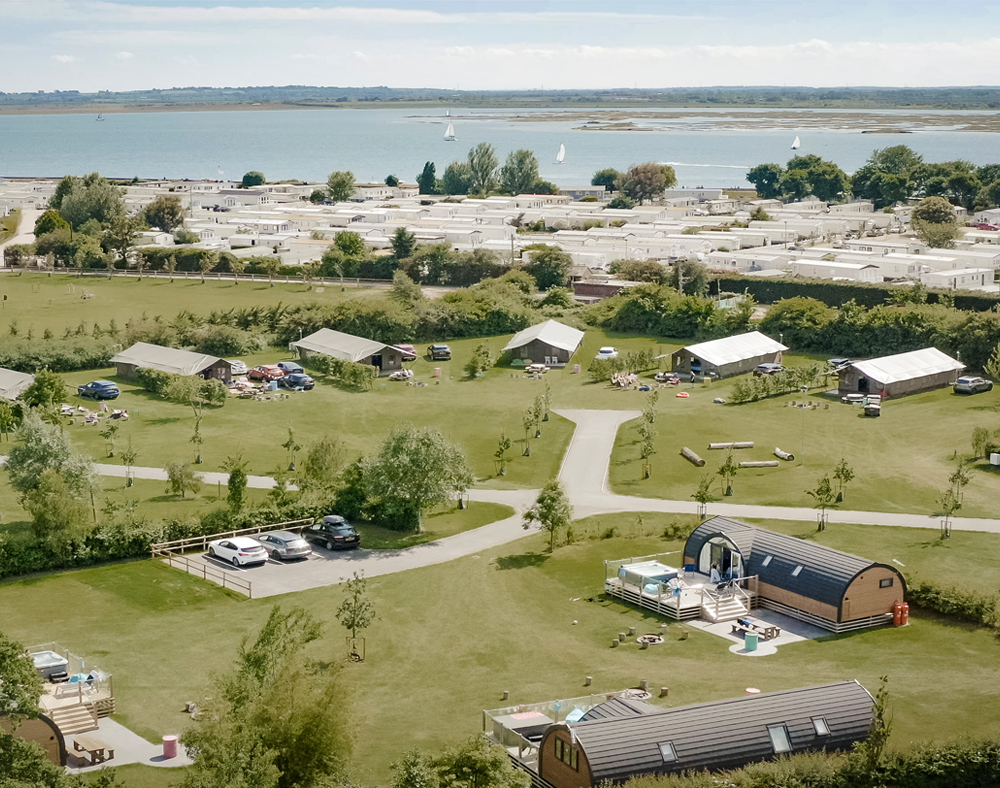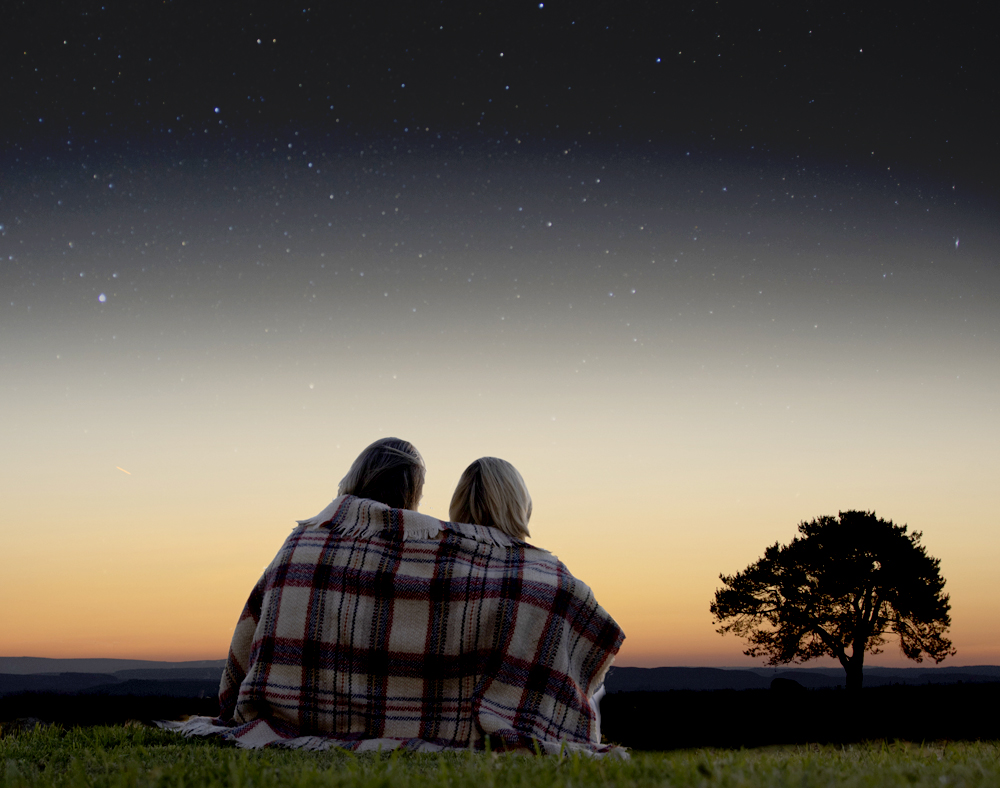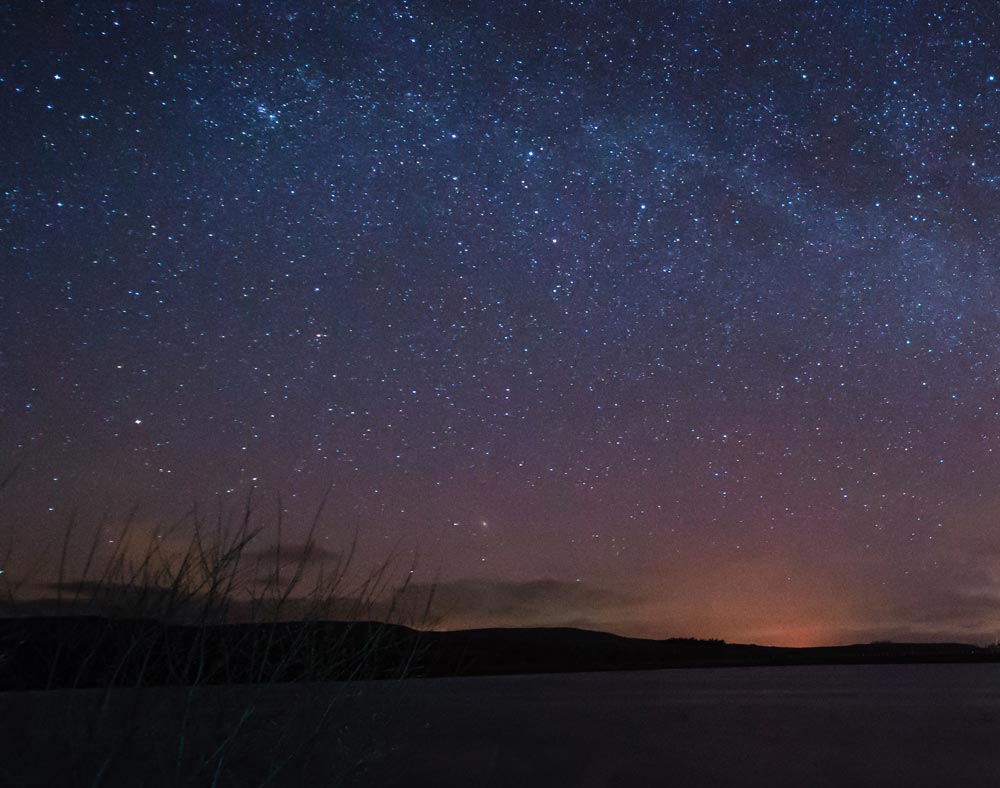
Starry, starry nights at Osea Meadows
One of the secret joys of glamping is not what happens during the day, but what happens at night when the stars in the night sky reveal themselves. Free from urban light pollution the skies above the camp site suddenly become alive as stars, constellations and even planets can be seen, often with the naked eye. So, here is our guide to unleashing your inner Prof Brian Cox – stargazing and what you can see on those fantastic, clear nights.
Stars
Sirius is the next brightest star after the sun and is one of the Earth’s closest neighbours. Sirius is also known as the ‘Dog Star’, and in ancient days its rising coincided with the flooding of the Nile in Egypt. There are plenty of other bright objects in the night sky, but don’t confuse an aircraft light for a shooting star, which is actually a trail of dust and rocks from a meteor and not a star!
Look carefully and you’ll be able to make out the stars that make up the constellations of Ursa Major, otherwise known as the Great Bear, and includes the groupings of The Plough and the Big Dipper, and it is the third largest constellation. The constellation of Draco can be seen all year round, as can the 85 stars that make up Gemini.
Planets
Like the stars, where you are and the time of year, will control which planets you will be able to see. The planets which you should be able to see with the naked eye include:
Mars
It is possible to see Mars at certain times of the year, usually when its orbit brings it closest to Earth, which is still a whopping 35 million miles away!
Jupiter
In June, the giant planet of Jupiter can be seen from dusk to dawn, and like Venus, it is very bright in the night sky, in fact it’s the third brightest natural object in the Galaxy.
Venus
The second planet from the Sun, and when at its brightest, Venus can be seen just after the Sun goes down and is sometimes called the ‘Evening Star’.

If you forget to bring your stargazing books and are having trouble telling your north from your south, then you can download a stargazing app onto your phone. Just turn down the screen brightness, so not to disturb other astrologers, and your kids will think you really paid attention at scout camp!
Osea Meadows is perfectly situated for dark skies on the Blackwater estuary near Maldon, Essex. The campsite offers a wide choice of camping and glamping opportunities from safari-lodge style tents and a tree house to glamping pods and bell tents. For some serious stargazing our tree house offers the perfect place to set up a telescope; the balcony is a secure location to leave the telescope set up whilst you pop inside to make a warming hot chocolate. To book your glamping star watching experience at Osea Meadows, simply visit www.osealeisure.com/camping

